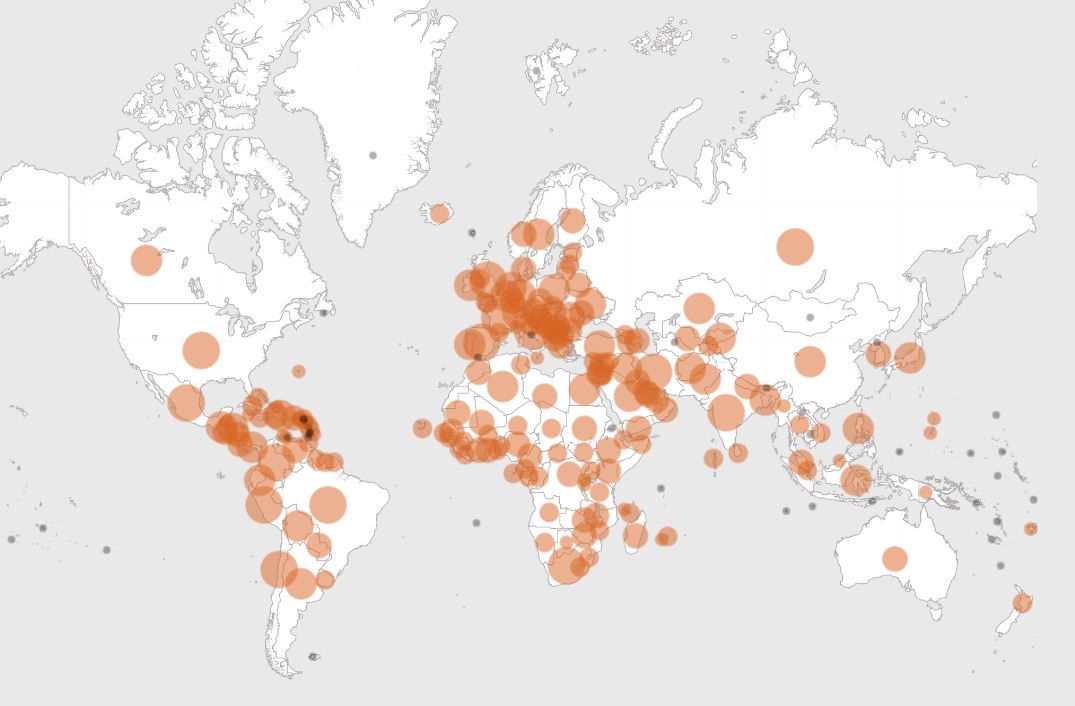COVID is not just a public health emergency, it is also a risk for political systems globally. Already since the pandemic became wide spread in mid-February, at least 70 countries have postponed elections and referendums. The impact of COVID is different not only amongst countries, but also within communities. Working from home is a luxury that many communities around the world do not have. If you have lost your job, you cannot quarantine without savings or a social safety net, and most developing and under-developed countries do not have the same social safety nets seen in Sweden and Australia. The impact of COVID is unequal and will hurt a subsistence farmer much more than a banker. The ballooning portion of poor will increase, and so too will the divergence between financial classes.
Some delays in elections are justified. Recently, New Zealand decided to postpone its election because of a small spike in cases in an otherwise successful COVID response. No one resisted this delay, nor fears the crumbling of democracy in this peaceful Island nation. Similarly, Switzerland announced it would be delaying elections, and within 24 hours, so did Chile, which at the time had more cases than any other country in Latin America. Brazil has now taken that unfortunate leadership position.
There are also some less-democratic countries that have made similar decisions to delay elections. At the start of the COVID pandemic, Iran justifiably delayed voting scheduled for mid-March. Chad however, has few COVID cases but nevertheless delayed elections. Whilst this may seem reasonable as a precautionary measure, it is the fifth time that the President, Idriss Itno has delayed these elections. Other reasons have included a lack of funds to pay for elections, as well as attacks by Boko Haram. Similarly in Hong Kong, people are wary of Carrie Lam’s real motivation for postponing for another year legislative elections that were scheduled for September. Democracy in Hong Kong is being attacked on multiple levels.
Conversely though, some elections in non-democratic states should be postponed until it is save to vote and to campaign. In Guinea, a constitutional referendum occurred in late-March without political-opposition campaigning allowed and voter turnout questionable.

COVID has highlighted many social and political inequalities, and again demonstrated how many people around the world live from pay check to paycheck and day to day. In many countries, losing a job today, will be homeless within a week or two. No one should be in that position, whilst the wealth and power of so many other people continues to grow. The economic fallout is unequal and so is the COVID pandemic’s impact on elections. The social contract in the democratic process is broken in many many countries. Democracy has failed to deliver in the USA just as it has in Somalia. Democracy is meant to result in elected representatives who would represent the entire public class, and pass legislation to ensure everyone’s’ well-being, advance opportunities for all, and strengthen equal protection under the law for the rich and those without financial power. In many countries, the representative political bodies do not look or sound the same as the people they represent. Old men, many of whom are millionaires, are not representative of the masses. Too often, the needs and voices of the youth, women, religiously diverse and marginal are not heard in government. COVID is another call to improve accountability of the political class to its citizenship, and increase political participation by citizens in all countries.